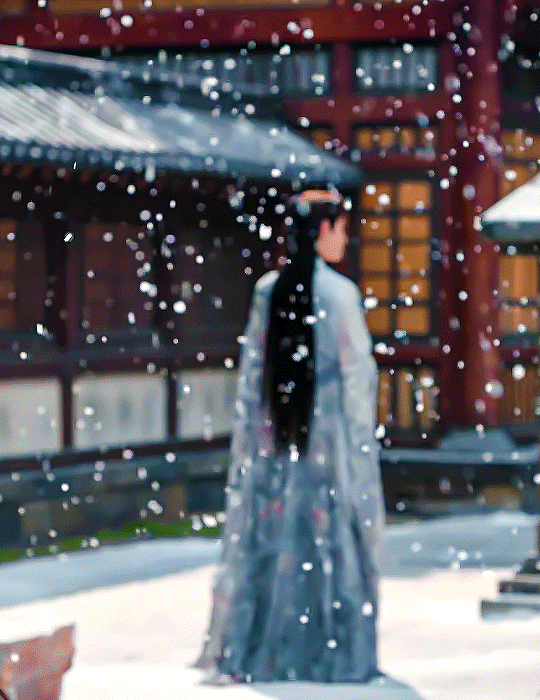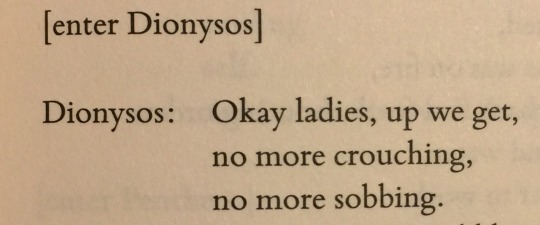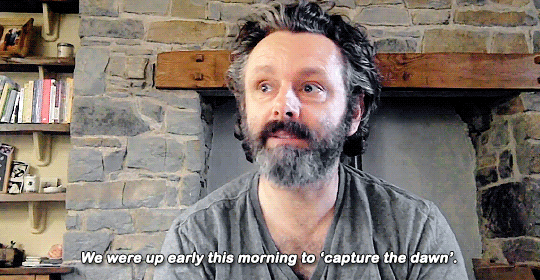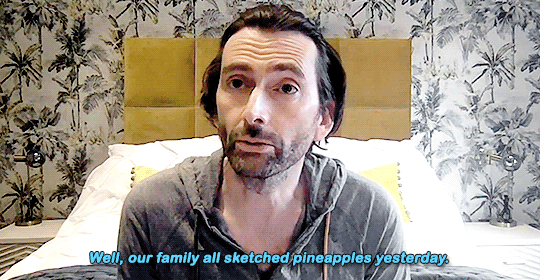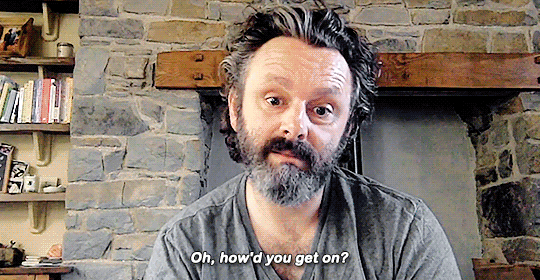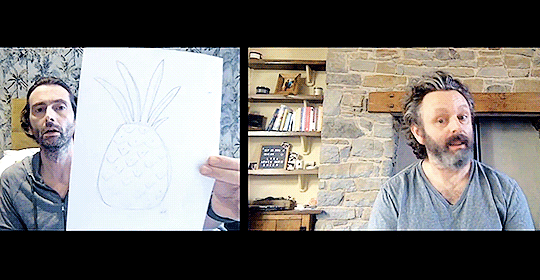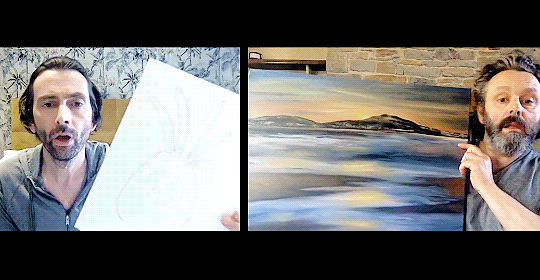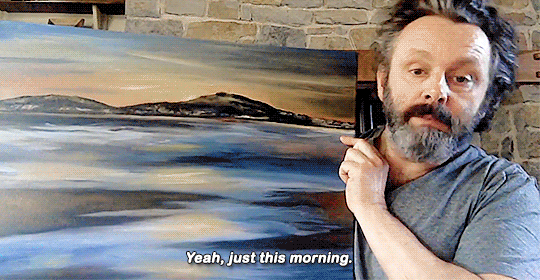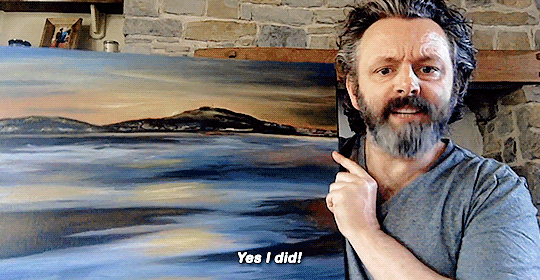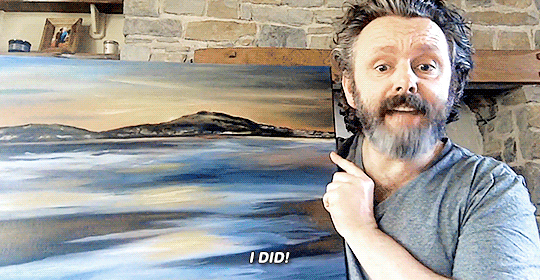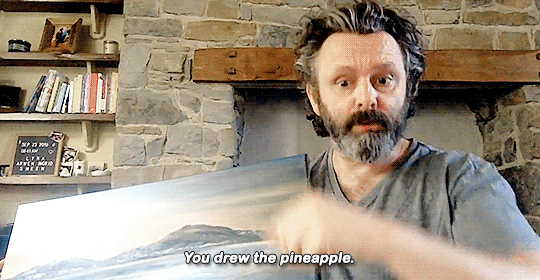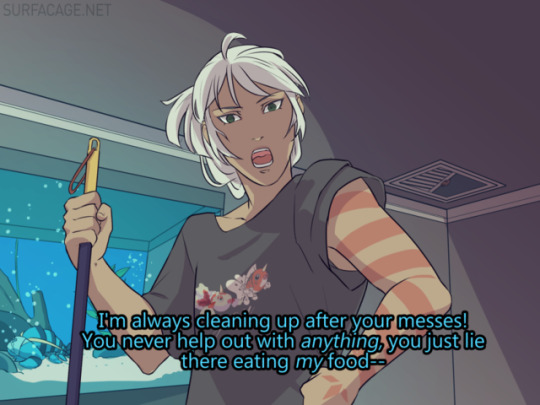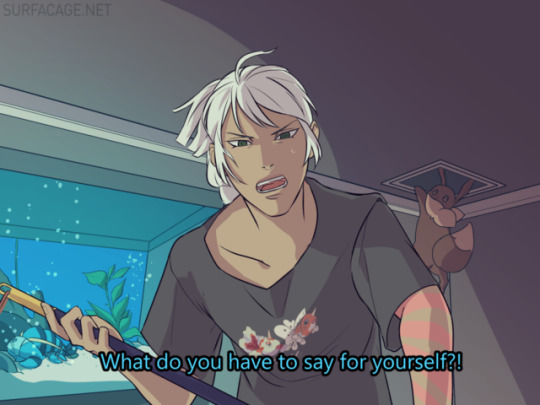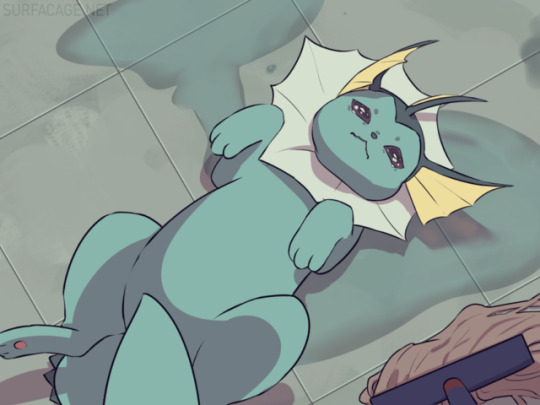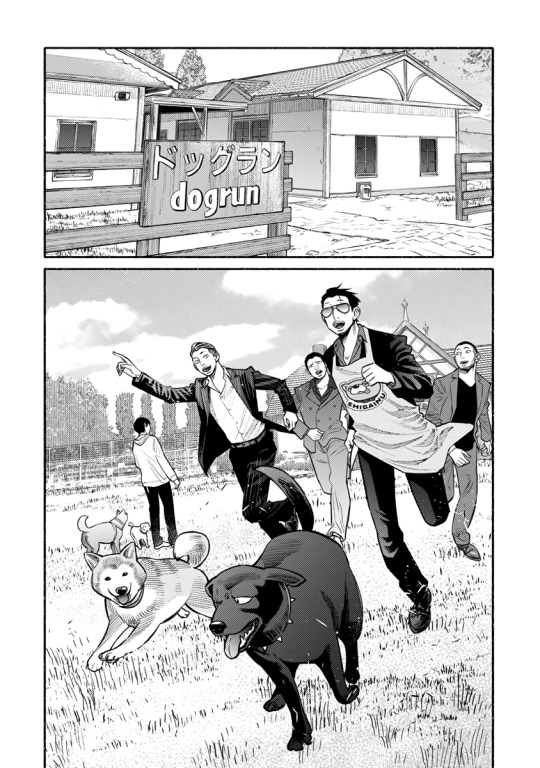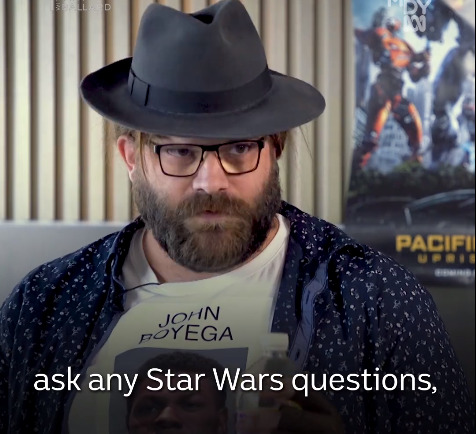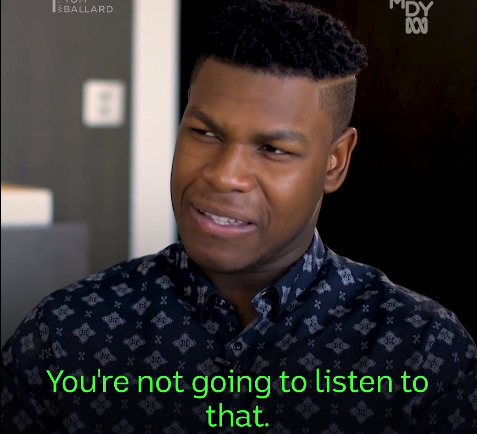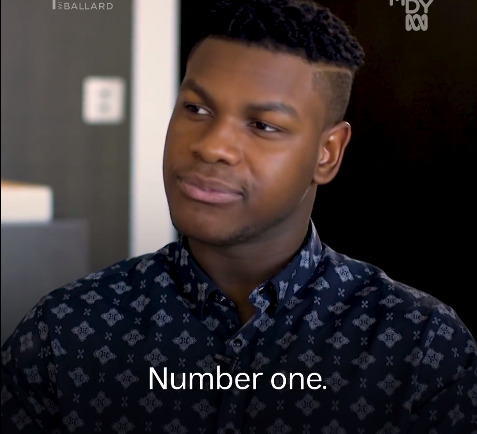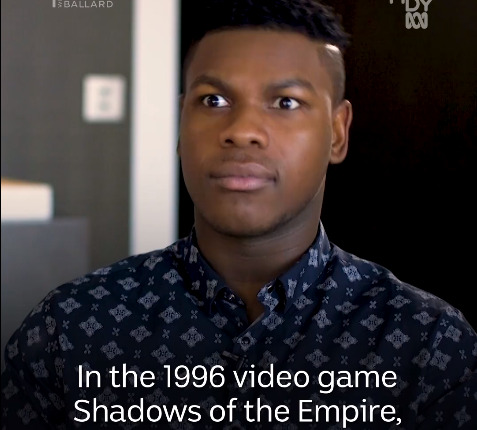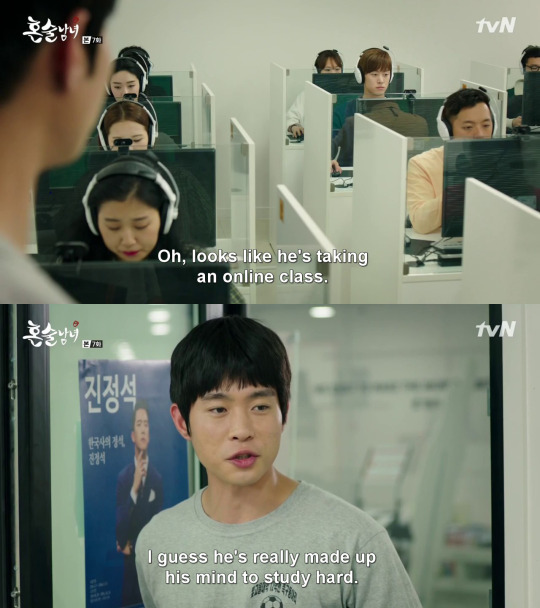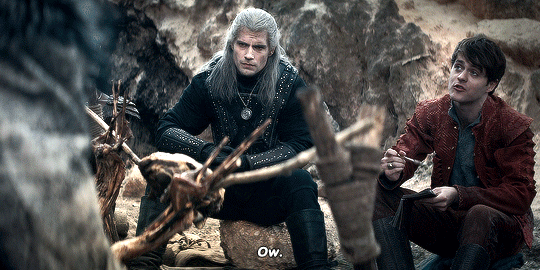that time we did, we went, we saw, we laughed, we felt.
Don't wanna be here? Send us removal request.
Photo

can’t get this scene out of my head so i made a gif
245 notes
·
View notes
Text
Divergent is a bad book, but its accidental brilliance is that it completely mauled the YA dystopian genre by stripping it down to its barest bones for maximum marketability, utterly destroying the chances of YA dystopian literature’s long-term survival
149K notes
·
View notes
Photo

scientist voice: today i will be a dick to this cricket
151K notes
·
View notes
Text
Read this:
“I want to tell a story about an invisible elephant.
Once upon a time, when I was in graduate school at UCSB, the department of religious studies held a symposium on diasporic religious communities in the United States. Our working definition for religious diaspora that day was, “religious groups from elsewhere now residing as large, cohesive communities in the US.” It was a round table symposium, so any current scholar at the UC who wanted to speak could have a seat at the table. A hunch based on hundreds of years of solid evidence compelled me to show up, in my Badass Academic Indigenous Warrior Auntie finery.
There were around 15-20 scholars at the table, and the audience was maybe fifty people. There was one Black scholar at the table, and two Latinx scholars, one of whom was one of my dissertation advisors. The other was a visiting scholar from Florida, who spoke about the diasporic Santería community in Miami. But everyone else at the table were white scholars, all progressively liberal in their politics, many of whom were my friends. Since there was no pre-written agenda, I listened until everyone else had presented. I learned a tremendous amount about the Jewish diaspora in the US, and about the Yoruba/Orisha/Voudou, Tibetan Buddhist, Muslim, and Hindu communities, and even about a small enclave of Zoroastrians.
As they went on, I realized my hunch had been correct, and I listened to them ignore the elephant, invisible and silent, at that table.
So I decided to help her speak the hell up. “Hello, my name is Julie Cordero. I’m working on my PhD in Ethnobotany, Native American Religious Traditions, and history of global medical traditions. I’d like to talk about the European Catholic and Protestant Christian religious diaspora in the United States, as these are the traditions that have had by far the greatest impact on both the converted and non-converted indigenous inhabitants of this land.”
Total silence. And then several “hot damns” from students and colleagues in the audience. I looked around the table at all the confused white faces. My Latinx advisor slapped his hand on the table and said, “Right!!?? Let’s talk about that, colleagues.”
The Black scholar, who was sitting next to me, started softly laughing. As I went on, detailing the myriad denominations of this European Christian Diaspora, including the Catholic diocese in which I’d been raised and educated, and the brutal and genocidal Catholic and Protestant boarding schools that had horribly traumatized generations of First Nations children, and especially as I touched on how Christians had twisted the message of Christ to try and force people stolen from Africa to accept that their biblically-ordained role was to serve the White Race, her laughs grew more and more bitter.
The Religious Studies department chair, who’d given a brilliant talk on the interplay between Jewish and Muslim communities in Michigan, stopped me at one point, and said, “Julie, I see the point you are so eloquently making, but you’re discussing American religions, not religious diasporic communities.” I referred to the definition of diaspora we had discussed at the start of the discussion, and then said, “No, Clark. If I were here to discuss religions that were not from elsewhere, I’d be discussing the Choctaw Green Corn ceremony, the Karuk Brush Dance, the Big Head ceremonial complex in Northern California, the Lakota Sun Dance, or the Chumash and Tongva Chingichnich ritual complex.”
It got a bit heated for a few moments, as several scholars-without-a-damn-clue tried to argue that we were here to discuss CURRENT religious traditions, not ancient.
Well. I’ll let you use your imagination as to the response from the POC present, which was vigorously backed by the three young First Nations students who were present in the audience (all of whom practice their CURRENT ceremonial traditions). It got the kind of ugly that only happens with people whose self-perception is that they, as liberal scholars of world cultures with lots of POC friends and colleagues, couldn’t possibly be racist.
Our Black colleague stood and left without a word. I very nearly did. But I stayed because of my Auntie role to the Native students in the audience.
I looked around at that circle of hostile faces, and waited for one single white scholar to see how unbelievably racist was this discursive erasure of entire peoples - including my people, on whose homeland UCSB is situated.
Finally, a friend spoke up. “If we are going to adhere to the definition of diaspora outlined here, she is technically correct.”
And then my dear friend, a white scholar of Buddhism: “In Buddhist tradition, the Second Form of Ignorance is the superimposition of that which is false over that which is true. In this case, all of us white scholars are assuming that every people but white Americans are ‘other,’ and that we have no culture, when the underlying fact is that our culture is so dominant that we’ve deluded ourselves into thinking it’s the neutral state of human culture against which all others are foreign. Even the Black people our ancestors abducted and enslaved we treat as somehow more foreign than ourselves. And, most absurdly, the peoples who are indigenous to this land are told that we belong here more than they do.”
People stared at their hands and doodled. The audience was dead quiet.
And you know what happened then? The elephant was no longer invisible, and my colleagues and I were able to have a conversation based on the truths about colonialism and diaspora. We were THEN able to name and discuss the distinctions between colonial settlements and immigrant settlements, and how colonial religious projects have sought to overtake, control, and own land, people, and resources, while immigrant and especially refugee diasporic communities simply seek a home free from persecution.
As we continue this national discussion, it is absolutely key to never, ever let that elephant be invisible or silent. You are on Native Land. Black descendants of human beings abducted from their African homelands are not immigrants. European cultures are just human cultures, among many. And the assignation of moral, cultural, racial superiority of European world views over all non-Euro human cultures is a profound delusion, one that continues to threaten and exterminate all people who oppose it, and even nature itself.
I hope that this story has comforted the afflicted and afflicted the comfortable.”
- Julie Cordero-Lamb, herbalist & ethnobotanist from the Coastal Band of the Chumash Nation
54K notes
·
View notes
Text
Actually life is beautiful because the sound I make while trying to breathe around hot food sounds like my dog trying to eat an apple. When I yawn my cat tries to put his face in my mouth like a little dentist man and when he yawns I put my finger in his obligate-carnivore trapzone and we both know he will not hurt me. When I do not fold my clothes, they do not hold it against me.
I am demonstrably sad, and lonely, and full of fear. But there are other people who will hold my hand, who will point out the hawk overhead, who will give you That Look in a public place. The other day at a coffee shop a child said "look! It's snowing!" so all of us strangers went to go look out the windows. It wasn't the first snow and it won't be the last but wasn't it lovely, like that?
How wonderful to live in a world where birds and frogs both say beep! How wonderful to have an ocean of beautiful sharks with their dinosaur teeth! How wonderful the moon and her changing face, how wonderful the bees and their dancing to communicate, how wonderful shrimp and their forbidden layers of vision! How wonderful, you, and what you will give the world! The way we love things enough to spend entire blogs devoted to them? How people will let me explain my Pokemon team to them? How we will both jump at the scare in the movie, how we laugh so loudly, how it feels to give someone your baking? How wonderful to be alive. I am sorry for forgetting.
This is the process of getting better. With wonderful people and wonderful strangers and wonderful friends: I am getting better, slowly. Thank you, whoever you are. In some way, you've been wonderful, and left a wonderful place in the world to ripple out to me. In some small way - isn't it beautiful - I promise, you've been helping.
161K notes
·
View notes
Text
listen I don’t “like” things, I either read a book/watch a show and forget 0.2 secs later or change my entire lifestyle based on what it was until I find something new
214K notes
·
View notes
Text
APPRECIATION POST FOR LUO YUNXI IN PERIOD COSTUME
Because he’s the perfect Chu Wanning and they actually cast him as CWN and I’m still thrilled for the drama







I can’t wait until Immortality airs!!
(Live action adaptation of Dumb Husky and his White Cat Shizun by Meatbun)
(These stills are from Ashes of Love btw, if anyone is interested)
365 notes
·
View notes

